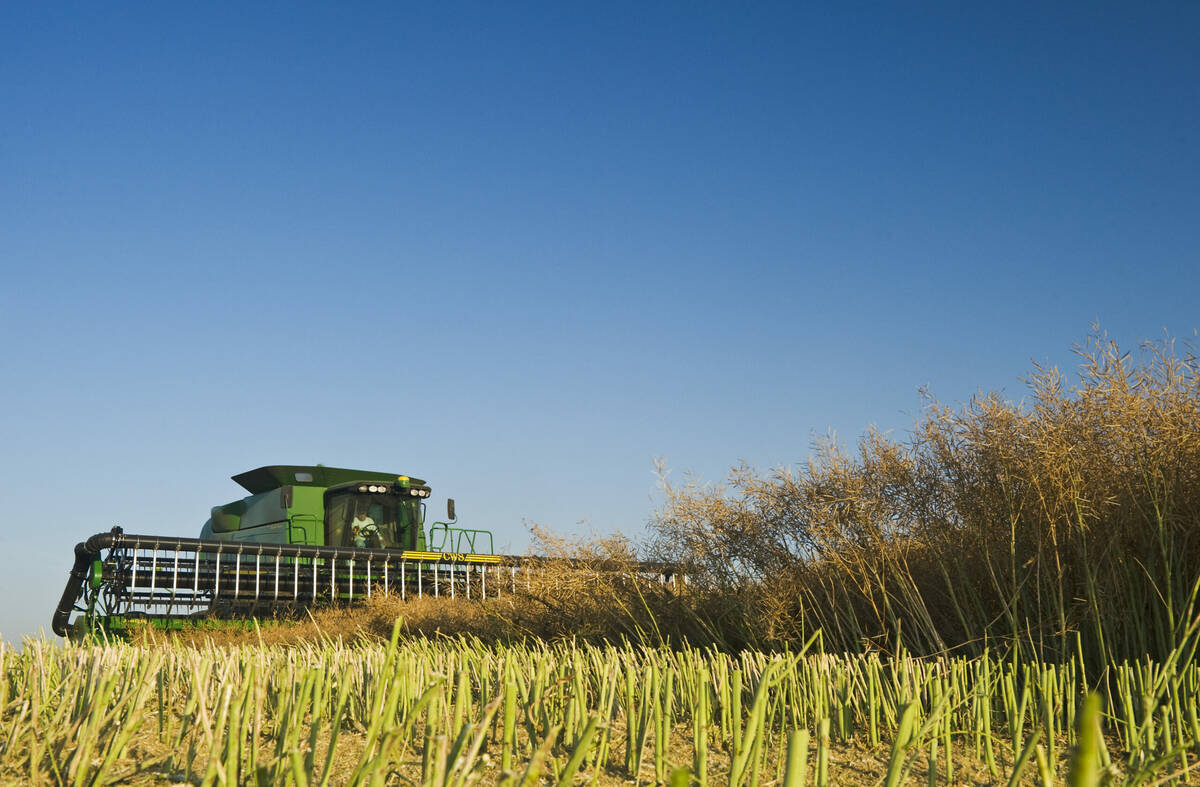Weather conditions through spring seeding will be a major market-moving factor over the next few weeks, but news on the transportation front may also sway values.
Planes — The United States government announced long-anticipated guidance on its subsidy program for sustainable aviation fuel (SAF) on April 30. The announcement only covers the next year, but was seen as a sign of things to come. Agricultural groups questioned the practicality of what was announced. Refiners must demonstrate that SAF is 50 per cent lower in greenhouse gas emissions compared to standard jet fuel. In addition, corn-based ethanol must come from land where cover crops, no-till and efficient fertilizer application are used. Biofuel from soybeans or other crops such as canola needs both cover crops and no-till. The question now is how the government will police the rules, especially as next to no crops in the northern growing regions follow those practices currently.
Trains — Thousands of workers at Canada’s two major railways voted overwhelmingly to take strike action as early as May 22 if contract negotiations fail over the next few weeks. While a strike at this time of year would not be as large of an issue for grain movement as if it happened in the fall, any disruptions to rail traffic along the Canadian National Railway (CN) and Canadian Pacific Kansas City (CPKC) railways would obviously be felt sharply.
Read Also

Canola growers face rising verticillium stripe threat with few options
After a severe 2025 outbreak, verticillium stripe is drawing attention at Prairie agronomy meetings as researchers warn of uncertain yield impacts and slow resistance progress.
Automobiles — Canada’s federal government announced financial support for the country’s biofuel industry, although concerns remain about whether it will be enough to compete with lucrative subsidies in the U.S. or reduce Canada’s growing dependence on U.S. imports to meet clean fuel regulations. The federal government committed $1.27 billion toward building new biofuel facilities. The federal budget also included the creation of a biofuel production fund, worth up to $500 million annually, which would be like a production tax credit and subsidize the ongoing operations of a facility. There are about $10 billion worth of proposed facilities to make biofuels from Canadian raw materials.
















